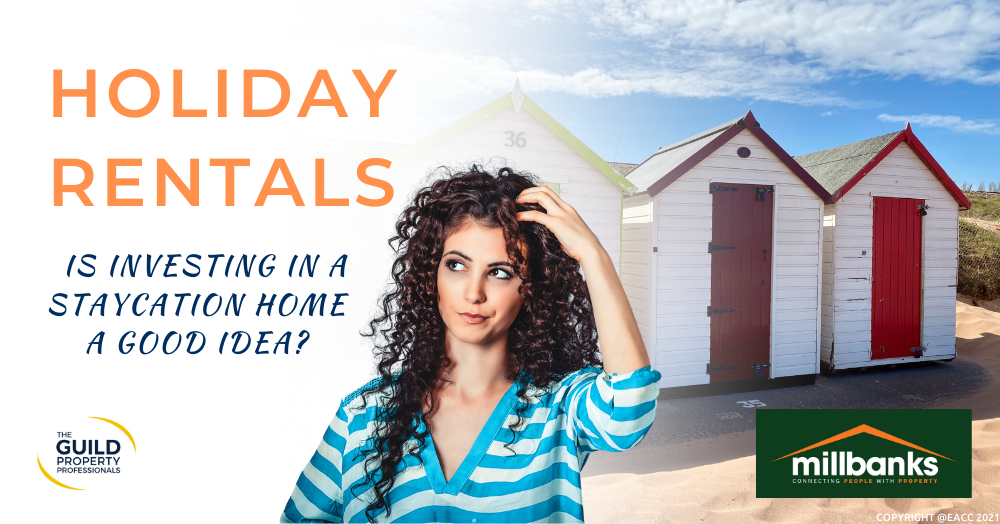

Get in touch with us
Take a 'Virtual Tour', Exquisite Norfolk Countryside Retreat: A Versatile Barn Conversion on 2 Acres
An exceptional 4-bedroom barn conversion offering dramatic vaulted living space and adaptable accommodation. Stylish Aga kitchen, versatile reception rooms, offering flexible living all set on 2 acres with a Triple Bay Garage and breath taking panoramic Norfolk countryside views.
As 2025 draws to a close, this report examines how the UK and Attleborough property markets have performed and what may lie ahead in 2026. By comparing listings, sales, and prices with previous years, it reveals a market driven more by activity and confidence than by rising house prices.
This map highlights the average size of homes sold across the UK since 2020, measured in square feet from completed sales. What stands out is how little the averages vary between regions, despite very different housing types. Northern Ireland is the clear exception, with noticeably larger homes on average.
Nearly one in four agreed house sales in Attleborough failed to complete in 2025, a figure that catches many homeowners by surprise. This article explains why so many moves fall through, what it really costs local sellers, and the practical steps Attleborough homeowners can take to reduce risk and improve their chances of a successful move.